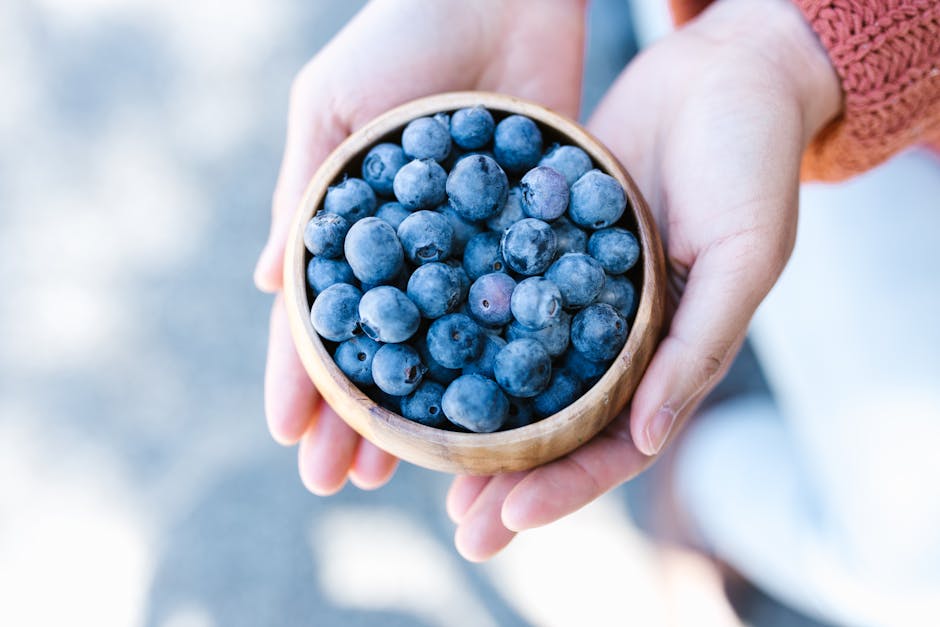Modern life often necessitates a fast-paced existence, leaving little time for elaborate meals. This necessitates smart snacking choices to fuel energy levels, manage hunger, and maintain a healthy diet. This article delves into the realm of nourishing snacks suitable for individuals grappling with busy schedules.
Prioritizing nutrient density is paramount when seeking snacks that support a healthy lifestyle. Focus on foods packed with vitamins, minerals, and fiber, which promote satiety and sustained energy release, preventing the energy crash that often follows a sugary or processed snack.
A pivotal aspect of successful snacking for the busy is preparation. Prepping ahead is key to avoiding impulsive, less-healthy choices. Portioning out snacks into small containers makes them readily available and minimizes the temptation for larger, less nutritious options.
Crucial Nutrients for Busy Snackers:
Protein plays a pivotal role in maintaining muscle mass, particularly important for those engaged in physical activity. Lean proteins like Greek yogurt, hard-boiled eggs, or edamame provide sustained energy and support satiety, making them ideal for controlling hunger pangs between meals.
Complex carbohydrates are another significant nutrient for sustained energy. Options like whole-grain crackers, air-popped popcorn, or a handful of berries provide sustained energy release, avoiding the sugar rush and subsequent crash characteristic of simple carbohydrates.
Fiber, another essential nutrient, promotes digestive health and contributes to feeling full, reducing the urge to overeat. High-fiber options include fruits like apples and pears, vegetables like carrots and celery, or whole-grain cereals.
Hydration is often overlooked but plays a critical role in maintaining energy levels and preventing dehydration. Water is an excellent choice for a refreshing and guilt-free snack.
Examples of Healthy Snack Options:
Fruits and Vegetables:
Fruits and vegetables offer a wide array of nutrients and fiber. A handful of berries, an apple with almond butter, sliced cucumber with hummus, or a carrot stick with peanut butter are all excellent choices. Choose seasonal fruits for freshness and nutritional value. Include a variety of vegetables to ensure a diverse intake of nutrients.
Protein Powerhouses:
Greek yogurt, a protein-rich snack, offers excellent nutritional value. Choose plain, unsweetened varieties and add your favorite fruits or a sprinkle of nuts. Hard-boiled eggs are another fantastic source of protein. Edamame, steamed and lightly seasoned, provides a satisfying and nutritious option. A small handful of nuts or seeds (almonds, walnuts, pumpkin seeds) offer healthy fats and protein. Ensure they are unsalted or lightly salted to manage sodium intake.
Whole Grains:
Whole-grain crackers, whole-grain bread, and air-popped popcorn provide complex carbohydrates and fiber for sustained energy. These are excellent choices for those seeking a crunchy and filling snack.
Other Healthy Choices:
Popcorn, a whole-grain snack, offers a satisfying crunch without excess calories. Ensure it’s air-popped to avoid added fats. Trail mix, a combination of nuts, seeds, and dried fruit, is a convenient and energy-boosting snack.
Avoiding the Pitfalls:
Processed snacks often contain high levels of sugar, unhealthy fats, and sodium, leading to energy crashes and impacting overall health. Limit intake of packaged snacks, sugary cereals, and fried foods.
Portion Control:
Portion sizes are critical in maintaining a healthy diet. Even healthy snacks can lead to weight gain if eaten in excess. Use portion control measures to keep intake within recommended limits.
Timing of Snacks:
Timing snacks strategically can help regulate blood sugar levels and prevent overeating. Incorporating snacks between meals can help control hunger and prevent overindulging at the main meals.
Individual Needs and Dietary Restrictions:
Individual dietary needs and preferences should be considered when selecting snacks. People with allergies or dietary restrictions should carefully choose their snacks. Consult a healthcare professional or registered dietitian for personalized guidance.
Sustaining Healthy Habits:
Consistency is key when establishing healthy snacking habits. Establish a routine that incorporates healthy snacking options. Gradually introduce new snacks into your diet, allowing your body to adjust.
Ultimately, healthy snacks for busy individuals are not about deprivation; they are about informed choices and smart strategies. Focus on nutrient-dense foods, practice portion control, and consider your unique needs. By prioritizing healthy snack options, busy individuals can fuel their bodies and minds without compromising their health.
